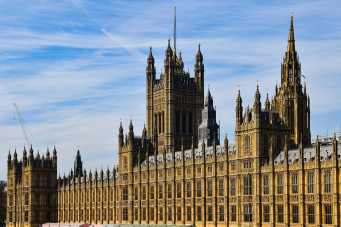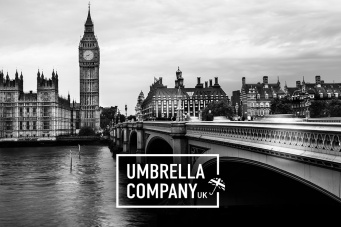
In The Frame – September ’16
Apple CEO Tim Cook believes augmented reality (AR) will be bigger than virtual reality (VR). Speaking on ABC News in the US, Cook said: “There’s virtual reality and there’s augmented reality. Both of these are incredibly interesting but my own view is that augmented reality is the larger of the two, probably by far because this gives the capability for both of us to sit and be very present talking to each other, but also have other things visually for both of us to see. Maybe it’s something we’re talking about, maybe it’s someone else here that is not here, present, but could be made to appear to be present with us. So there’s a lot of really cool things there.”
“Virtual reality,” he said, “sort of encloses and immerses the person into an experience that can be really cool, but probably has a lower commercial interest over time, or less people would be interested in that.”
Liberty Global and Netflix, meanwhile, have signed a deal that will make all content from the OTT provider available to video customers of the cable TV and broadband company in more than 30 countries across Europe, Latin America and the Caribbean. Liberty Global, which recently announced that it’s to buy Formula One racing in a deal worth $4.4 billion, will integrate the Netflix app into its devices.
As Vodafone attempts to catch up with broadband rivals such as BT and TalkTalk, it appears to be closer to an initial “soft” launch of its heavily delayed UK pay-TV service (via a set-top box). Vodafone planned to launch a pay-TV service late in 2015 but its plans have been delayed more than once, as the company attempting to build a ‘quad-play’ of mobile, broadband, pay-TV and home phone service, as its competitors have.
Finally, it’s been reported that Amazon is pursuing video rights to a range of sports, including the French Open tennis championship and professional rugby, as the company tries to attract new customers to its online TV service by offering content that viewers cannot watch on rival platforms such as Netflix. Any such move would of course also break the hold that traditional media companies currently enjoy as far as major sports broadcast rights are concerned.
BBC News
Major events have contributed to a 37% increase in the number of iPlayer visits this summer compared to the same period last year, with the Rio Olympics, Wimbledon, the European football championships and Glastonbury all attracting vast numbers of users. The BBC has also recently begun to ‘tease’ a variety of technical updates that are coming to its online service, including ‘Live Restart’ on the iPlayer mobile and tablet app.
However, the BBC has denied that plans to make iPlayer users enter a password (from early 2017) are part of licence fee crackdown, saying instead that the move’s aimed at providing a “better BBC” and create a “more personal BBC for everyone”.
The BBC R&D department has created an experimental ‘holographic’ TV, as it explores emerging technologies for future audiences.
And finally…
- Following its success in covering the Rio Paralympics, Channel 4 is to cover upcoming events including the London 2017 Para Athletics Championships, the 2018 Winter Paralympics in PyeongChang and the Tokyo 2020 Games.
- Discovery has launched Seeker VR, an OTT 360-video and virtual reality offering, having launched its Seeker online platform earlier this year.
- The X Factor and Britain’s Got Talent are to stay on ITV for at least three more years, while Sir Tom Jones is to return to The Voice when the talent show makes its debut on the same channel in 2017.
- Freeview launches a new marketing campaign from tomorrow (October 1st) which it hopes will both raise brand awareness and attract current BT and Sky customers.
- Viceland, the new 24-hour TV lifestyle and entertainment channel from Vice, has launched on Sky channel 153 and NOW TV.
- The Isle of Man government has opened a broadcast cluster based around a new teleport that will feature several earth stations as well as content providers and production houses.
- While the 83 million viewers who watched the Clinton-Trump presidential debate wasn’t as large an audience as expected, it did set a record, which was previously set in 1980, when 80 million tuned in to watch Ronald Reagan’s debate with Jimmy Carter.
From the latest news to the latest positions – click here to see Frame 25’s most recent additions to its list of available TV jobs

How the Employment Rights Act 2025 Is Reshaping the Freelance Market

Umbrella Company Reforms - An Overview
